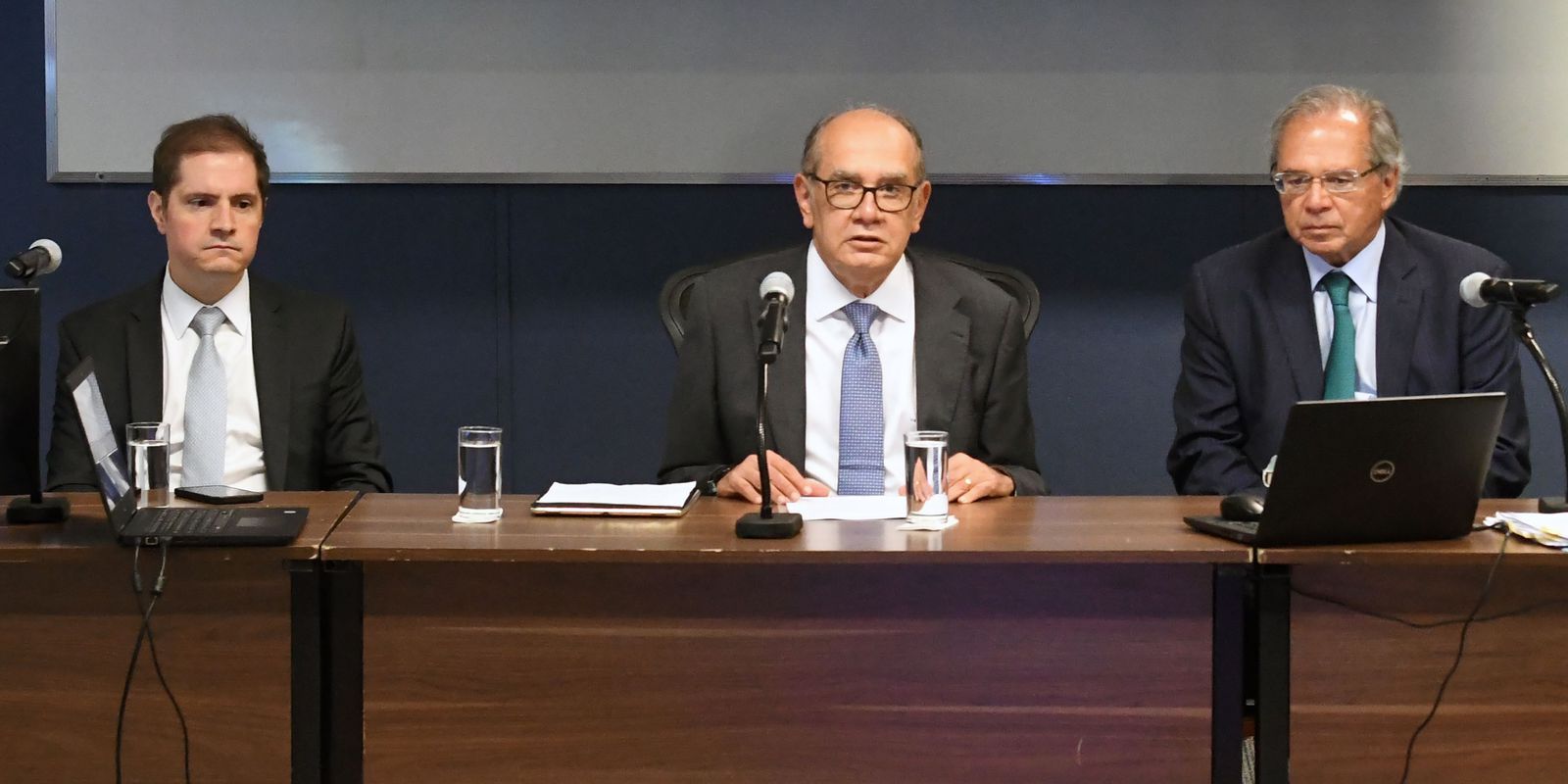With 42 votes in favor, 2 against and 1 abstention, the Senate Chamber approved eliminating the existence of supra-majority quorums for the approval, modification or repeal of the legal norms that have the character of Constitutional Organic Law.
The initiative proposes that said norms be approved or modified with the quorum of absolute majority of the deputies and senators in office and not with the 4/7 that are currently needed.
The project, which must now complete its second process in the Chamber of Deputies, had its origin in a motion by PS senators Juan Luis Castro, Álvaro Elizalde, Fidel Espinoza, José Miguel Insulza and Gastón Saavedra; and in another initiative by senators Pedro Araya (Ind.), Ricardo Lagos (PPD), Ximena Órdenes (PPD) and Jaime Quintana (PS).
Prior to the vote, the presentation of two indications by Senator Rojo Edwards (Republican Party) and Juan Antonio Coloma (UDI), respectively, was noted.
The first stated that to approve, modify or repeal laws of the Central Bank, of Congress, of the Qualifying Court of Elections, of the Comptroller’s Office and laws of organization and powers of the courts, 4/7 of the parliamentarians in office were required. The indication was rejected, for not reaching the necessary votes, with 4 in favor, 16 against and 19 abstentions.
The second indication states that to approve, modify or repeal the laws on popular voting and scrutiny, that of Congress, those of the Comptroller’s Office and the Central Bank, and those of attribution of the courts, a quorum of 83 deputies and 27 senators would be required. in excercise. Said proposal was rejected, for not reaching the required votes, with 24 votes in favor, 14 against and 3 abstentions.
After the debate, senators Pedro Araya and Rodrigo Galilea presented two more indications that sought to establish an exception to the law of the Comptroller’s Office and that of the Central Bank, establishing a quorum of 4/7 for its modification. Both were rejected, for not reaching the required quorum, with 24 votes in favor, 16 against and 1 abstention.
It was the president of the Constitution Commission, senator Matías Walker (DC) who explained the main scope of the project. “I want to invite you to reject the indications that have been presented to establish exceptions to this reduction… it was the governing board that modified the criteria and inexplicably left this quorum at 4/7… it is a rarity, something strange to the legal system, this quorum “said the legislator.
Senator Araya maintained that “we have fought tirelessly to open the locks and bolts that until now exist in the political constitution that governs us, particularly the supra-majority quorums that have granted veto power to the right.”
Meanwhile, Álvaro Elizalde affirmed that “this is a democratizing motion that reinforces a principle that if there are majorities, the norms can be modified… the basic principle is to re-establish the principle of popular sovereignty… the supra-majority quorum laws of 4 are eliminated /7 but a majority quorum will be required, an absolute majority”.
Senator Rojo Edwards also had words for the approved initiative: “Very high quorums are a hindrance, but the absence of a quorum also leaves Chileans unprotected of their rights and freedoms in the face of the desire for power of the bureaucracy or circumstantial majorities… That is why what is required are reasonable quorums in important aspects”.
From the UDI, Juan Antonio Coloma stated that “adequate harmony must be created, stability must be sought with speed…countries not only need speed of change, but also stability of rules. Today there are 14 constitutional quorum laws, but there are 4 tremas that in my opinion need a counterweight and that is why I presented my indication”.
RD senator Juan Ignacio Latorre assured that “there is a consensus on the need to modify the quorum required to modify the LOC… the conservative sectors that are going for the rejection want to start a constituent process from scratch, postpone and now have the capacity to control and veto power.
Likewise, Lagos Weber valued the changes of opinion and invited his colleagues “to evaluate whether, perhaps, this same disposition had existed before, perhaps we would have avoided deeper disagreements… this is an important step, I am one of the optimists approval and exercising this reform today has value”.
Finally, Senator Jaime Quintana ruled that “this change is completely normal in any democracy. (…) We have to be consistent and coherent when we say that we do not like locks. If this project is approved, a substantial part of the Constitution will fall of the 1980s, to build a future. Here politics has its expression and forces us to look for the best agreements”.








